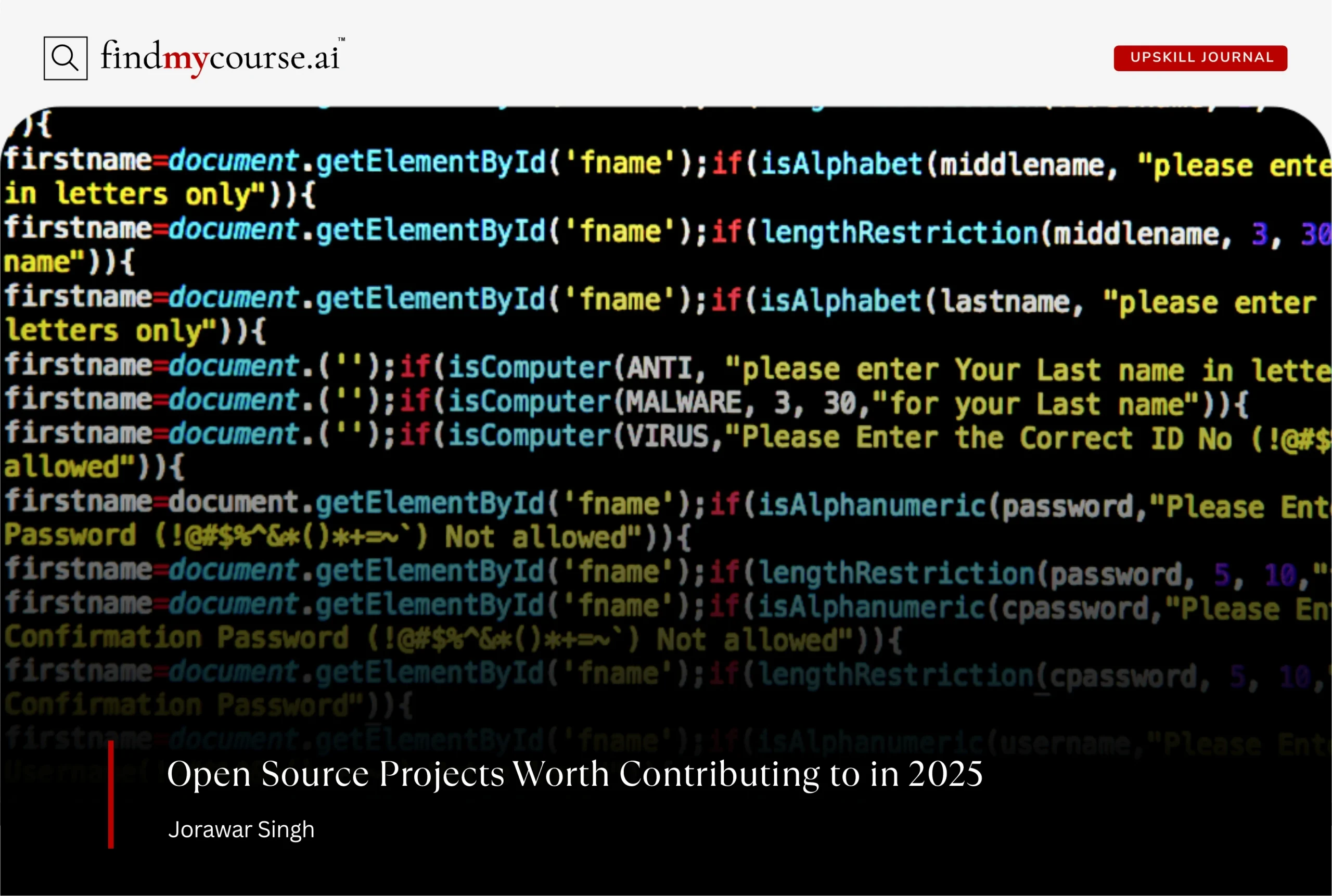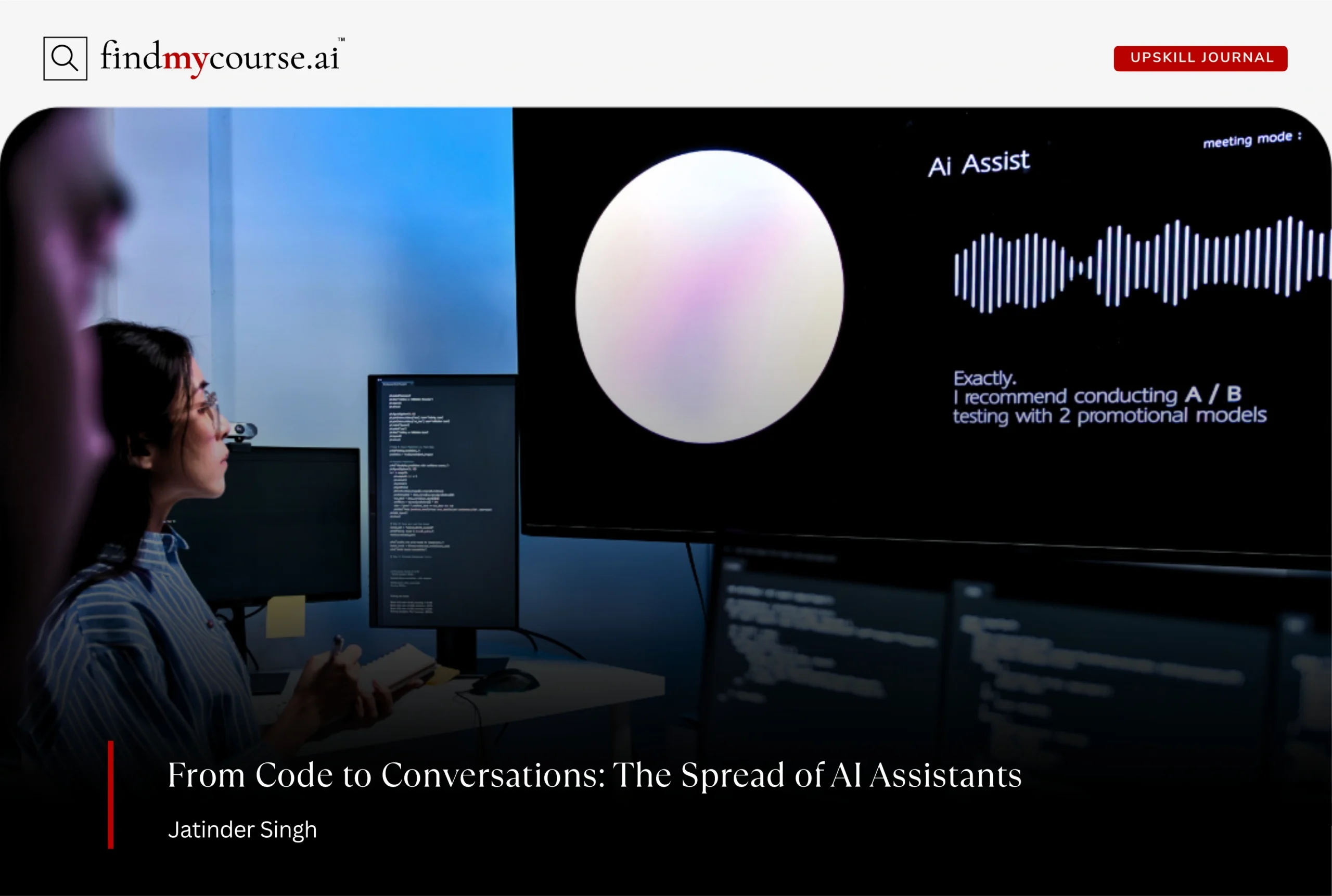In today’s digital age, collaboration fuels innovation. Few areas demonstrate this more clearly than the world of open source. By contributing to open source projects, you’re not just writing code—you’re joining a community, building your reputation, and learning by doing. Whether you want to upskill, gain hands-on experience with new technologies, or simply give back to the community, 2026 offers more opportunities than ever before.
In this guide, we’ll explore the most exciting open source projects to contribute to in 2026, how to get started, and how your contributions can accelerate both your career and the broader tech ecosystem.
What Are Open Source Projects—and Why Contribute?
Before diving into specific recommendations, let’s clarify the basics. Many beginners wonder: what are open source projects? Simply put, they are software initiatives where the source code is made freely available for anyone to use, modify, and share. This model thrives on transparency and community input while allowing diverse contributors worldwide to collaborate on solving shared challenges.
Moreover, contributing doesn’t always mean writing complex code. You can also update documentation, test features, design interfaces, or even translate content into new languages. Therefore, every contribution adds value. Moreover, your participation provides visible proof of your skills, something employers increasingly recognize as a sign of initiative and real-world experience.
Top Open Source Projects to Contribute to in 2026
Here are six outstanding projects that stand out for their impact, growth, and welcoming communities in 2026.
1. LangChain – Building With Large Language Models
LangChain has quickly become a go-to framework for developers working with large language models. It simplifies the process of chaining prompts, integrating external tools, and managing memory for AI applications. Additionally, as artificial intelligence continues to transform industries, LangChain remains one of the most vibrant open source projects to contribute to.
Where you can help: You can contribute by adding connectors to new data sources, improving documentation, or creating example applications that demonstrate LangChain’s capabilities. Developers with testing experience can also help enhance the framework’s reliability by refining its testing tools and workflows.
2. Open R1 – Democratizing Advanced AI Research
Open R1 is a community-driven initiative that seeks to replicate and advance cutting-edge AI research models. By opening access to powerful architectures, it enables researchers, students, and hobbyists to experiment without barriers. If you’re passionate about advancing artificial intelligence in an open, transparent way, this project offers meaningful opportunities.
Where you can help: You can get involved by supporting model training pipelines, improving evaluation metrics, or contributing high-quality datasets to strengthen research outcomes. There’s also room to help optimize model performance across different hardware platforms, making advanced AI tools more efficient and accessible to the open-source community.
3. Tauri – Lightweight Cross-Platform Applications
Developers building desktop apps often face the trade-off between functionality and performance. Tauri, a fast-growing framework, changes the game by allowing lightweight apps with web-based frontends and secure Rust backends. Compared with heavier options, it offers speed and efficiency while staying highly customizable.
Where you can help: You can contribute by expanding Tauri’s plugin ecosystem, improving developer tools, or creating new sample projects that help others get started quickly. There’s also plenty of room to enhance documentation or share performance optimizations that make cross-platform development even smoother.
4. SonarQube – Elevating Code Quality
SonarQube has long been trusted by development teams to detect bugs, vulnerabilities, and code smells. In 2026, its importance has only grown as organizations demand higher standards of software reliability and security. So, contributing here means supporting a project used by thousands of teams worldwide.
Where you can help: You can contribute by developing new rules and analyzers for emerging programming languages, enhancing integrations with modern CI/CD tools, or improving the user interface to make code review and reporting more intuitive. Contributions in documentation, plugin development, or community support are also valuable for helping teams maintain higher code quality standards.
5. Yocto Project – Powering Embedded and IoT Systems
The Yocto Project enables developers to create custom Linux distributions for embedded systems. With the continued growth of IoT and edge computing, Yocto remains critical for building secure, efficient devices. It’s ideal for engineers interested in embedded systems, Linux internals, and hardware-software integration.
Where you can help: You can contribute by adding or refining build recipes, improving metadata layers, and enhancing documentation to make development smoother for newcomers. There are also opportunities to support additional hardware platforms or optimize existing builds for better performance and compatibility across embedded devices.
6. BOINC – Harnessing Distributed Computing Power
The Berkeley Open Infrastructure for Network Computing, known as BOINC, enables volunteer computing projects that pool processing power from participants worldwide. From medical research to astrophysics, BOINC underpins breakthroughs by turning idle computing into global collaboration.
Where you can help: You can contribute by enhancing client applications, improving platform integrations, and updating the web interface for a smoother user experience. There’s also room to streamline onboarding for new research projects or help modernize documentation to attract more contributors and volunteers worldwide.
How to Begin Contributing
Knowing which open source projects to explore is only the first step. The real growth begins when you actually start contributing. Here’s a simple roadmap to guide you.
1. Explore the issues list. Projects often tag beginner-friendly tasks with labels like “good first issue.” These are perfect entry points.
2. Read the documentation. Before writing code, review the README and contribution guidelines. They explain coding style, setup, and community rules.
3. Set up your environment. Fork the repository, clone it locally, and follow the setup instructions. Getting the project running on your own machine builds confidence.
4. Start small. Don’t rush into big features. Fix a typo, improve documentation, or solve a minor bug. Small contributions matter.
5. Engage respectfully. Ask questions, join discussions, and welcome feedback. Open source is as much about people as it is about code.
6. Grow gradually. With time, move on to more complex issues. Consistent, thoughtful contributions earn trust and open doors to bigger responsibilities.
By following these steps, you’ll feel supported while adding real value from day one.
Tips for Lasting Contribution
To succeed open source projects, think long-term. Here are practical habits that help:
- Be consistent. A steady rhythm of small contributions matters more than occasional big ones.
- Document your work. Clear commit messages and notes help others understand your changes.
- Practice humility. Feedback is part of the process; treat it as an opportunity to learn.
- Prioritize communication. Check in with maintainers before taking on bigger tasks.
- Balance effort. Avoid burnout by setting realistic contribution goals.
These practices not only make you a reliable contributor but also enrich your professional growth.
Final Thoughts
Open source is more than just a way to sharpen your technical skills—it’s a gateway to collaboration, community, and impact. In 2026, some of the most exciting projects span fields from artificial intelligence to embedded systems, desktop apps, and distributed computing. Whether you begin with small documentation fixes or dive into advanced feature development, every contribution helps push technology forward. By embracing open source, you’re not just building software—you’re helping shape the future of innovation itself. And if you need any help getting started, just ask our AI assistance for personalized guidance on your open source journey.


